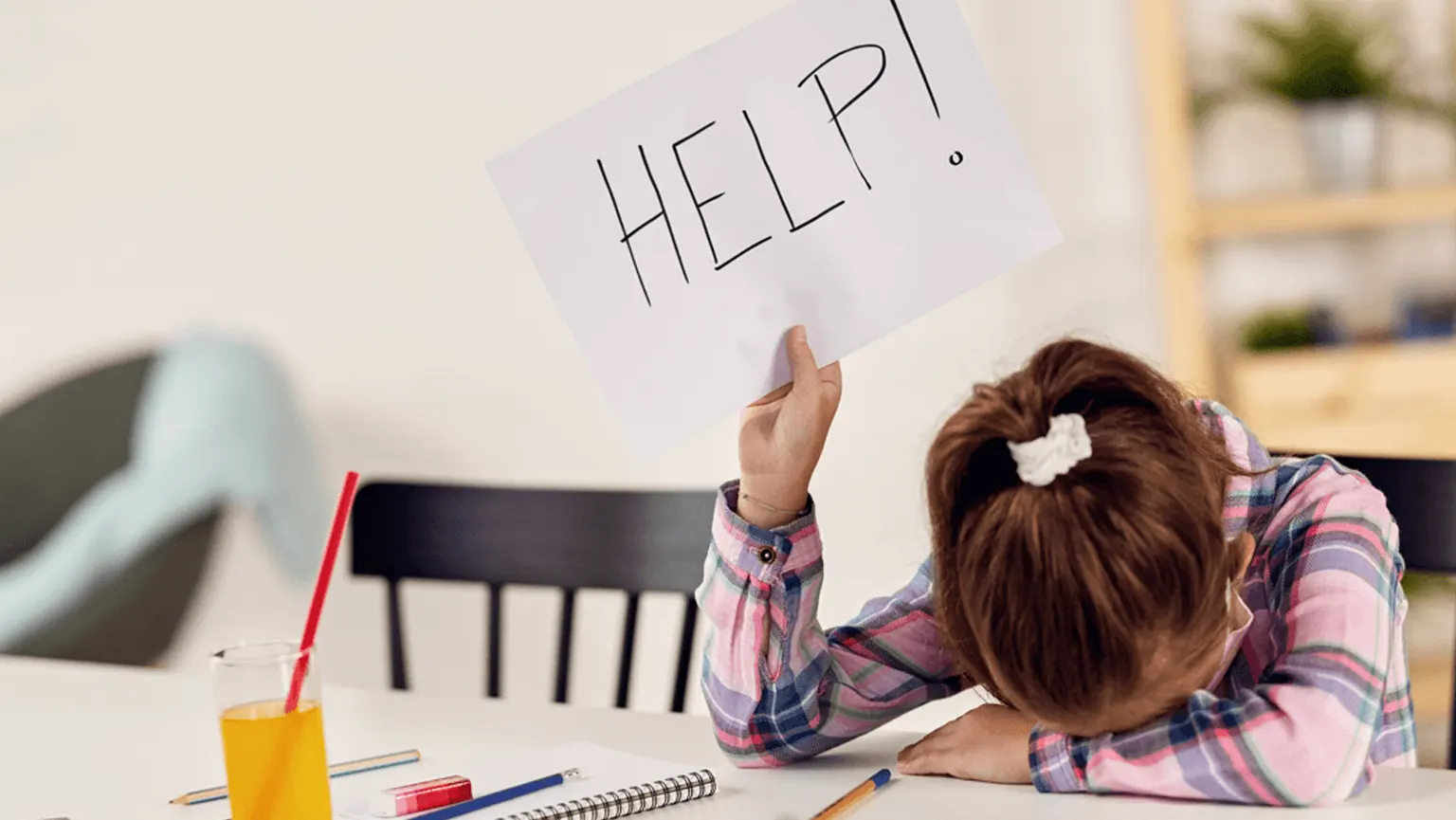Children’s life appears to be always being happy, enjoyable, and fun. Well, this isn’t always the case. Especially in the globe now. Depression can affect everyone, whether they are adults or children. Additionally, adults may still deal with the circumstance by talking to friends and relatives, but youngsters cannot.
Adolescence is a critical stage in a child’s development. They experience a lot of ups and downs, successes and failures, acceptances and rejections, etc. throughout this age, which frequently causes them to experience mood disorders, frustration, and of course, sadness.
Children can experience sadness anywhere, including at home, school, with friends, in neighbourhoods, etc., but the two main settings where it is most common are the family and the place of education. Many of the Best International Schools in Mumbai are equipped with qualified psychologists and counselling sessions. However, before getting into the treatment let’s first understand the Early signs to detect depression among children.
Immoral behaviour: This could be an indicator of your child’s depression if your usually responsible child starts misusing alcohol or other drugs, getting into legal troubles, or engaging in immoral activities. Teens may experience extreme discouragement; they could feel guilty, unworthy, or adopt an extremely pessimistic outlook.
Deep sorrow:
The presence of sorrow for a long time is one indication of teen depression. Sad teenagers may have suicidal thoughts, discuss suicide, or harm themselves by cutting or using another method. Turn to friends if you don’t feel like your teen is being honest with you. Always prioritize maintaining a friendship with your child’s pal. Friends can be very useful in diagnosing the symptoms of depression and, in certain situations, alerting parents when the adolescent is making any comments that suggest suicidal ideation. However, sometimes, despite their best efforts, parents are the last to know when their child is depressed.
Living in isolation:
Teens who are depressed frequently withdraw socially from their friends and families and stop being interested in the things they once enjoyed. Parents should watch for changes in their child’s usual behaviour, such as isolation, a lack of interest in previously enjoyed activities, and a lack of desire to engage in social activities with their peers or the family.
Changed sleep patterns:
Teenagers with depression frequently exhibit alterations in their sleep habits. Some of these teenagers may experience insomnia and have substantial difficulty falling asleep all of a sudden, while others may sleep a lot more than usual.
Alterations in Eating Patterns or Weight:
Another indication of teen sadness is a change in eating patterns. It may be an indication of sadness if your youngster seems disturbed by his or her weight. Look for rapid changes in weight or substantial changes in eating, and discuss any concerns you may have with your teen.
Additionally, your youngster may exhibit signs and symptoms include being short-tempered, having excessive anxieties, and having low energy. The hardest thing for you to do as parents is to comprehend them at the appropriate age and offer the right treatment.





